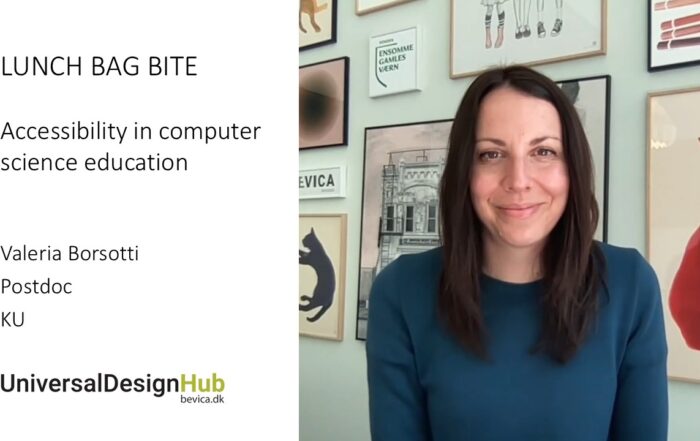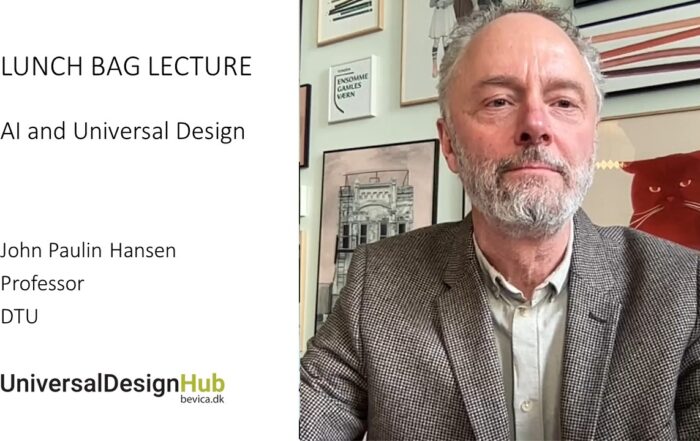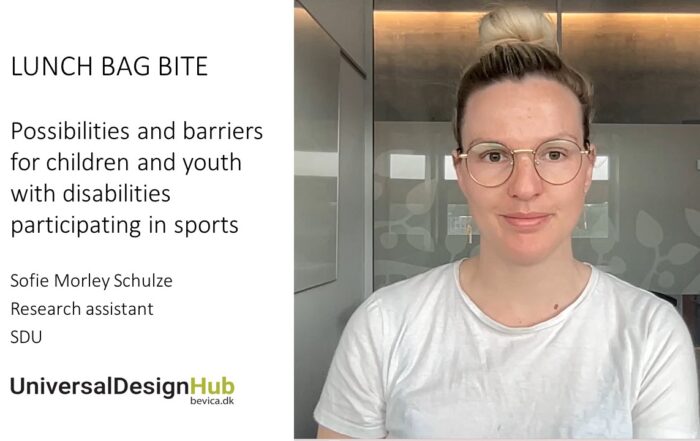Nature and human health
The fact that urban areas now home more than half of the world’s population has had a significant impact on people’s health. The World Health Organization and the United Nations (UN) both see urban and green spaces as one of the solutions to these health problems. This includes, for example, the UN’s Sustainable Development Goals, where goal 11 on sustainable cities and communities is particularly important in terms of landscape architecture and health. Due to accessibility issues, however, a large group of people with mobility disabilities has limited access to green spaces and consequently does not benefit from them.
People with disabilities do not visit green places as often as they would like due to physical barriers such as bumpy or uneven forest floor, cattle grids or gates obstructing the entrance to the nature area, lack of handicap parking- or toilet facilities or lack of information regarding the accessibility of the site. Further, lack of self-confidence and others’ perceptions of one’s abilities are some more personal barriers for not visiting nature. By designing accessible urban and green spaces with solutions that are integrated into the design and the natural context, landscape architects may help break down some of these barriers. Not only to ensure that the health benefits of being in nature are preserved, but also to ensure that there will be no exclusionary solutions that stigmatize certain groups.
Read more
Scientific articles
Corazon, S. S., Gramkow, M. C., Poulsen, D. V., Lygum, V. L., Zhang, G., & Stigsdotter, U. K. (2019). I would really like to visit the forest, but it is just too difficult: a qualitative study on mobility disability and green spaces. Scandinavian Journal of Disability Research, 1(21), 1-13. doi:10.16993/sjdr.50
Gramkow, M. C., Sidenius, U., Zhang, G., & Stigsdotter, U. K. (2021). From Evidence to Design Solution—on How to Handle Evidence in the Design Process of Sustainable, Accessible and Health-Promoting Landscapes. Sustainability, 13(6), 3249. doi:https://doi.org/10.3390/su13063249
Stigsdotter, U. K., Corazon, S. S., & Ekholm, O. (2018). A nationwide Danish survey on the use of green spaces by people with mobility disabilities. Scandinavian Journal of Public Health, 46(6), 597-605. doi:10.1177/1403494817745188
Zhang, G., Poulsen, D., Lygum, V., Corazon, S., Gramkow, M., & Stigsdotter, U. (2017). Health-Promoting Nature Access for People with Mobility Impairments: a systematic review. International Journal of Environmental Research and Public Health, 14(7), 703. doi:10.3390/ijerph14070703
Cases
In respect of our presenters at Lunch Bag Lectures, the terms, language and use of concepts that the researchers find appropriate in their field of research are used according to their choice.
Marie C. Gramkow
Assistant Professor at the University of Copenhagen’s Department of Geosciences and Natural Resource Management.
Member of the Bevica Foundation’s research network.
Read more
Read Marie’s research profile: Forest trails should be designed for canes, wheels and legs
Share:
Watch more Lunch Bag Lectures
Accessibility in computer science education
Accessibility in computer science education This Lunch Bag Bite explores two studies that are part of a PhD research project by Valeria Borsotti. The first study examines how [...]
AI and Universal Design
AI and Universal Design This Lunch Bag Lecture delves into the potential of combining artificial intelligence (AI) with universal design principles to create more inclusive solutions. We are [...]
Possibilities and barriers for children and youth with disabilities participating in sports
Possibilities and barriers for children and youth with disabilities participating in sports Participating in leisure activities can pose unique challenges for individuals with disabilities. In this video, Sofie [...]
SDGs and Universal Design
SDGs and Universal Design What is sustainability about? Sustainable development is about moving all of us in a direction where we can live our lives in balance with [...]



